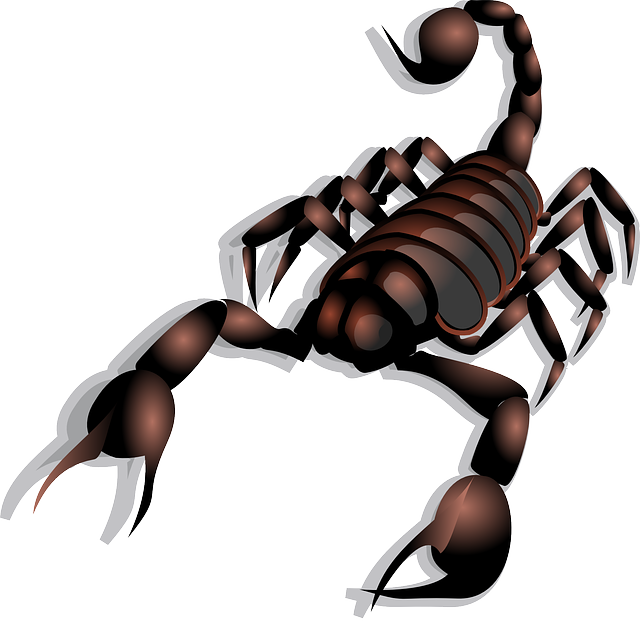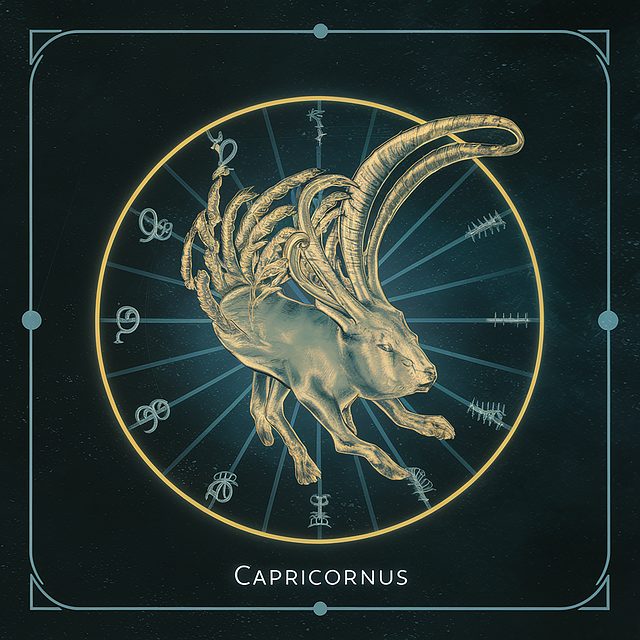2023 marked a rise in scorpion sightings in Tucson, Arizona, prompting residents and pest control services to prioritize scorpion control Tucson measures. The local species, like the aggressive and venomous Arizona bark scorpion, thrive in the area's arid climate and have adapted well to urban environments. Effective management involves understanding their preferences for moist habitats, such as woodpiles and under stones, and taking proactive steps like sealing entry points, landscaping maintenance to remove harborage sites, and using fine-mesh screens. Integrated pest management (IPM) strategies employed by professionals include monitoring, identification, and eco-friendly treatments to create barriers around properties and provide targeted indoor treatments when necessary. Homeowners are advised to maintain clean, well-lit outdoor spaces and regularly inspect for scorpions. By adopting a multifaceted approach that combines environmental management with expert interventions, Tucson residents can ensure their safety while managing scorpion populations effectively, balancing the preservation of the local ecology with personal comfort and safety. The collaboration between homeowners and local pest control experts has led to improved coexistence strategies, enhancing scientific understanding of scorpion behavior and their role in Tucson's ecosystem.
Understanding and managing scorpion behavior in urban settings like Tucson’s neighborhoods is a critical task for residents and pest control professionals alike. This article delves into the specific characteristics of common scorpions found in these areas, shedding light on their habitats and behaviors. It also explores the factors that influence their activity within the city’s environment, providing insightful strategies for controlling scorpion populations effectively. By highlighting the importance of collaboration with local experts, we aim to offer advanced solutions for safe and humane scorpion control in Tucson, ensuring a harmonious coexistence between humans and these arachnids.
- Identifying Common Scorpions in Tucson Neighborhoods: A Guide to Species and Habitats
- Factors Influencing Scorpion Activity and Behavior in Urban Environments of Tucson
- Effective Strategies for Controlling Scorpion Populations in Tucson Residential Areas
- Collaborative Efforts: Working with Local Experts for Advanced Scorpion Control Tucson Solutions
Identifying Common Scorpions in Tucson Neighborhoods: A Guide to Species and Habitats

In Tucson, understanding the common species of scorpions is a crucial step in effectively managing and controlling their presence in neighborhoods. Among the most prevalent are the Arizona bark scorpion, Centruroides limbolii, and the stripe-tail scorpion, Vaejovis spp. The Arizona bark scorpion is notorious for its ability to climb and often seeks shelter under bark or within structures. Its small size and rapid movements can make it a challenge to identify, but it is distinctly pale yellow with darker stripes and claws. This species is known for its aggressive behavior when disturbed, which can pose a risk to both humans and pets. On the other hand, the stripe-tail scorpion, while also found in various habitats, tends to be less of a threat due to its more docile nature and less potent venom.
Scorpion control Tucson initiatives are most effective when homeowners are well-informed about the scorpions’ habitats. These arachnids prefer areas with high moisture levels and organic debris, often found in woodpiles, under stones, or within garden detritus. They are also attracted to moist soil around homes, which is why regular landscaping maintenance to remove harborage sites is a key strategy in scorpion control Tucson. Sealing cracks and crevices in foundations, keeping doors and windows closed, and using screens can also prevent these creatures from entering dwellings. By understanding the species’ characteristics and preferred environments, residents can implement targeted measures to minimize encounters and effectively manage scorpion populations around their homes.
Factors Influencing Scorpion Activity and Behavior in Urban Environments of Tucson

Scorpion activity and behavior in urban environments like those found in Tucson are influenced by a variety of factors, which can be effectively managed through scorpion control Tucson measures. The arid climate of Southern Arizona provides optimal conditions for scorpions, with the Arizona bark scorpion being particularly prevalent. This species is known for its ability to thrive in both natural and urban habitats due to its adaptability. Urbanization has led to alterations in the local ecosystems, creating new niches for these creatures. Factors such as the availability of shelter, food sources, and microhabitats within the urban landscape play a significant role in scorpion behavior.
Residential areas with thick foliage, woodpiles, or rocks serve as shelters for scorpions during the daytime when they are less active. Artificial lighting at night can attract insects, which in turn attract scorpions that feed on them. The presence of water, both natural and from irrigation systems, also influences scorpion activity, as they require moisture to prevent desiccation. Understanding these factors is crucial for effective scorpion control Tucson strategies. Homeowners and pest management professionals can implement measures such as sealing entry points, reducing clutter that could serve as hiding spots, and maintaining yards free of debris to deter scorpions. Additionally, employing insect management practices to minimize the number of prey items available can indirectly reduce scorpion populations. Scorpion control Tucson initiatives are multifaceted and require a combination of environmental management and targeted interventions to ensure the safety and comfort of residents while maintaining a balance with the local fauna.
Effective Strategies for Controlling Scorpion Populations in Tucson Residential Areas

In Tucson, Arizona, managing scorpion populations is a year-round endeavor due to the arid climate that provides ideal conditions for these arachnids. Effective scorpion control in residential areas hinges on a combination of environmental management and proactive pest control measures. Homeowners should focus on sealing entry points, as scorpions often enter dwellings in search of shelter and prey. Regularly inspecting the foundation, windows, and doors for cracks or gaps can significantly reduce their access to homes. Additionally, maintaining clean, well-lit yards and removing harborage sites like woodpiles, rocks, and debris can deter scorpions. Employing landscape design strategies that minimize clutter against buildings and keep vegetation trimmed further assists in preventing scorpions from finding comfortable hiding spots close to human activity.
For a more targeted approach, professional pest control services specializing in scorpion control Tucson can be engaged. These professionals utilize integrated pest management (IPM) techniques that include monitoring, identification, and treatment of scorpion habitats. They may apply non-toxic, environmentally friendly treatments that create a barrier around the perimeter of properties, as well as targeted indoor treatments if necessary. Regular maintenance and inspections by pest control experts can provide ongoing management of scorpion populations, ensuring that they remain at a level that minimizes risks to residents while maintaining the natural ecological balance of the Tucson environment.
Collaborative Efforts: Working with Local Experts for Advanced Scorpion Control Tucson Solutions

In Tucson, where scorpion encounters are a common occurrence in neighborhoods, understanding and managing their behavior is paramount for the safety and comfort of residents. Effective scorpion control measures in Tucson necessitate a collaborative approach that leverages local expertise. Professionals specializing in pest management in Tucson have developed sophisticated methods to monitor and control scorpion populations, ensuring that they pose minimal risk to human inhabitants. These experts utilize a combination of environmental modification, habitat reduction, and targeted treatments to manage scorpion activity. By working closely with residents, they can identify high-risk areas within homes and yards, offering tailored advice to prevent infestations. This partnership between Tucson homeowners and local scorpion control experts not only enhances the safety of neighborhoods but also contributes valuable data to ongoing research into scorpion behavior and ecology. Through these collaborative efforts, residents can enjoy their outdoor spaces with greater peace of mind, knowing that proactive measures are in place to maintain a scorpion-safe environment. The integration of scientific knowledge and local experience through scorpion control Tucson solutions has proven instrumental in managing the coexistence between humans and these arachnids.
Understanding and managing scorpion behavior in Tucson neighborhoods is a multifaceted endeavor that requires knowledge of local species, their habitats, and the factors influencing their activity. This article has provided a comprehensive guide to identifying common scorpions in Tucson, elucidated the environmental elements affecting their behavior within urban settings, and outlined effective strategies for controlling scorpion populations, particularly emphasizing scorpion control in Tucson residential areas. Collaboration with local experts is key to advancing scorpion control solutions, ensuring a safer environment for both residents and the creatures themselves. By integrating these insights into daily practices and leveraging the expertise of Tucson’s scientific community, residents can better coexist with these arachnids, reducing the risk of encounters and enhancing the quality of urban living.
